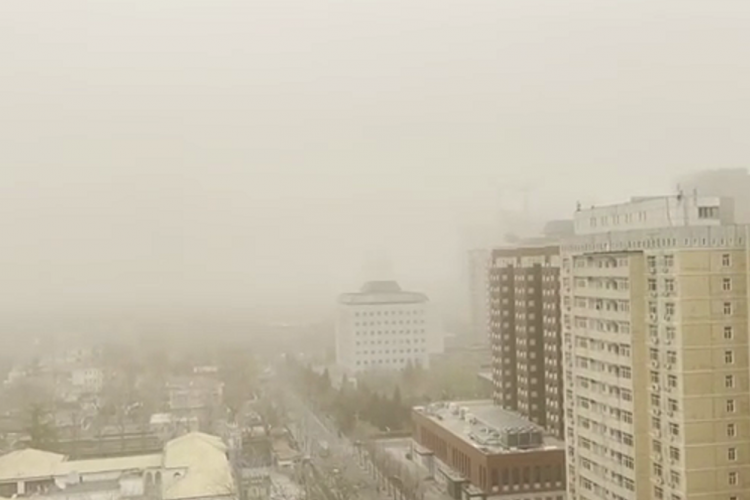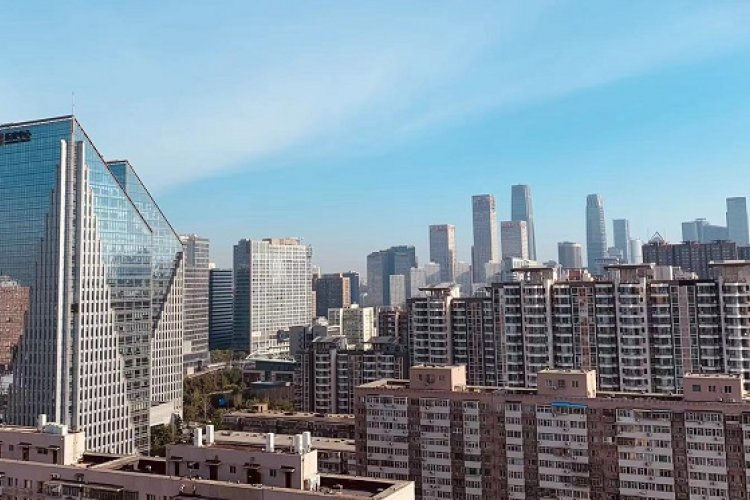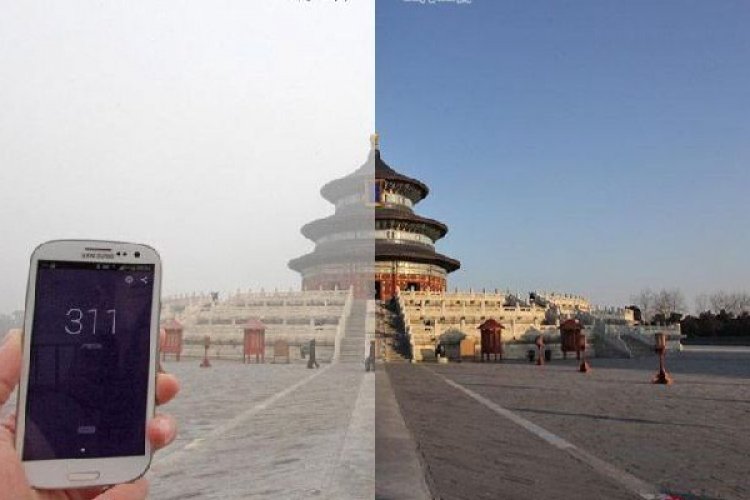Beijing Plans to Cap Off Coal Burning in the City Center (But Will that Be Enough?)
Summer is well on its way but your correspondent is still reeling from this past winter, one of the longest I can remember in my 14 years in Beijing that was made all the more unbearable by the consistently terrible air quality.
The public outcry has been equally consistent and has spurred authorities into taking measures to counter the situation, although not everyone has been impressed. Nevertheless, as opposed to years past when it seemed like the focus was merely on auto emissions, it seems that at least they've begun to target the main culprit: Coal.
According to the China Daily:
Beijing has vowed to eliminate most coal-fired boilers in the city center by the end of 2015 to reduce pollution from fine particulate matter, especially during the heating season. After reducing coal use by 700,000 metric tons last year, the capital plans to cut another 1.4 million tons this year and use no more than 21.5 million tons, according to the 2013 coal consumption reduction plan released by the city's Environmental Protection Bureau and Commission of Development and Reform.
I'd love to think that reducing heating plant coal emissions in the city center will help (it certainly won't hurt), but as this recent NPR article points out, this still doesn't account for the emissions that float over our city from factories in neighboring provinces (see graphic below) where emissions standards and oversight are typically much more lax than here in the capital.
The problem is that air doesn't respect borders. Neighboring Hebei province, which rings most of Beijing, is much poorer and less developed. It has lower fuel quality standards and has emphasized the sort of dirty factories Beijing exiled. As a result, when the winds are right, pollution from Hebei's factories, cars and coal-fired power plants can blow into Beijing and help choke the capital.
This isn't the first time that authorities have tried to tackle the city's air pollution woes by shutting down (or relocating) factories in the city proper – the old Shougang Steel Factory (which hosted the INTRO Electronic Music Festival this past weekend) was shut down in 2003 and relocated to Hebei for this very reason – but consider where that has gotten us ten years later.
And before we can count on any of the long-shot prospects of a successful adaptation to alternative, clean energy sources, it really does boil down to whether or not Beijing authorities have the will and the means to call these provincial governments to task and reign in the polluting factories that surround the capital.
Either that or take a cue from Mexico City and build giant fans to blow it all away (tough luck Japan and California).
This post also appeared on beijing-kids.






